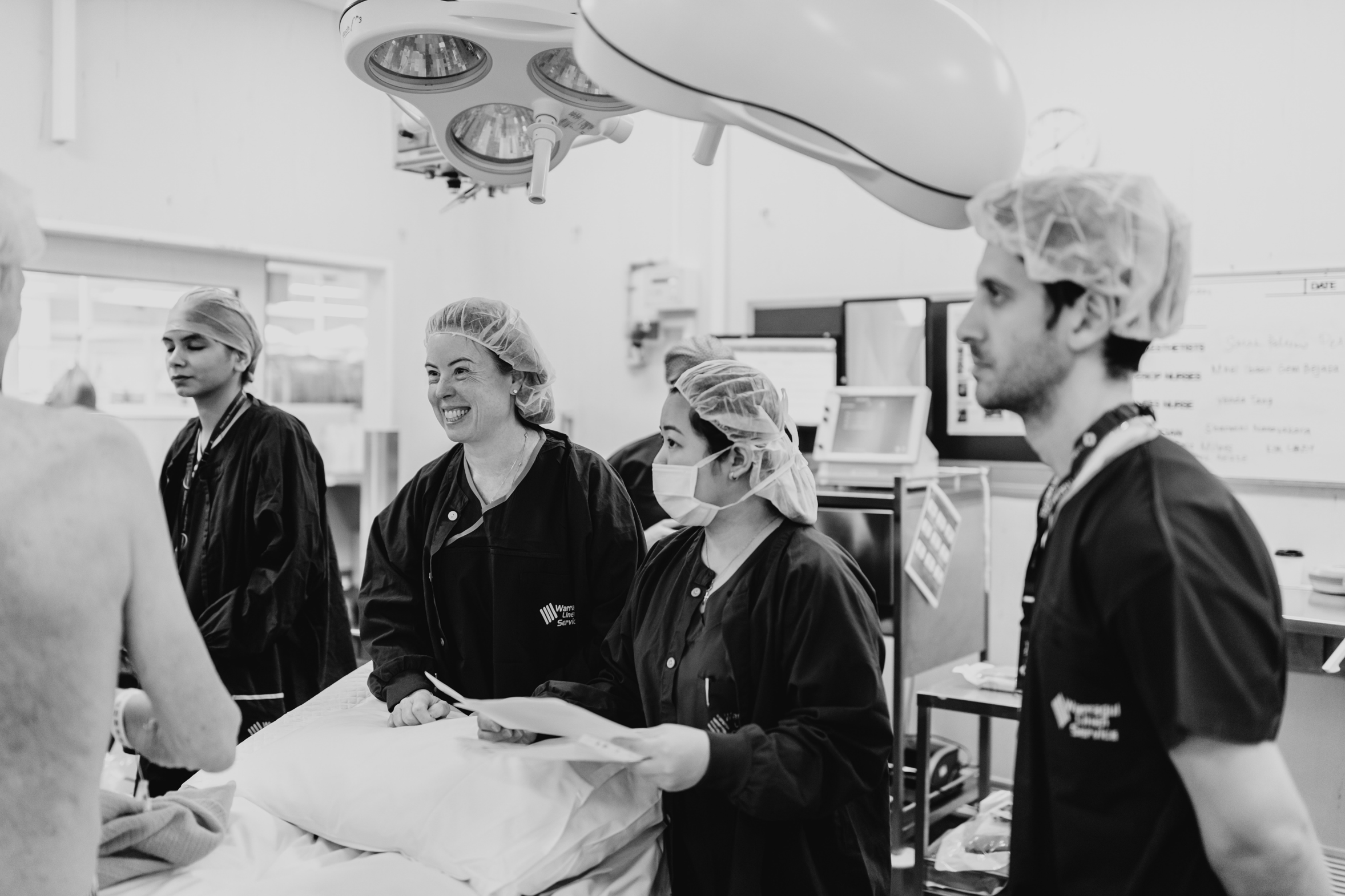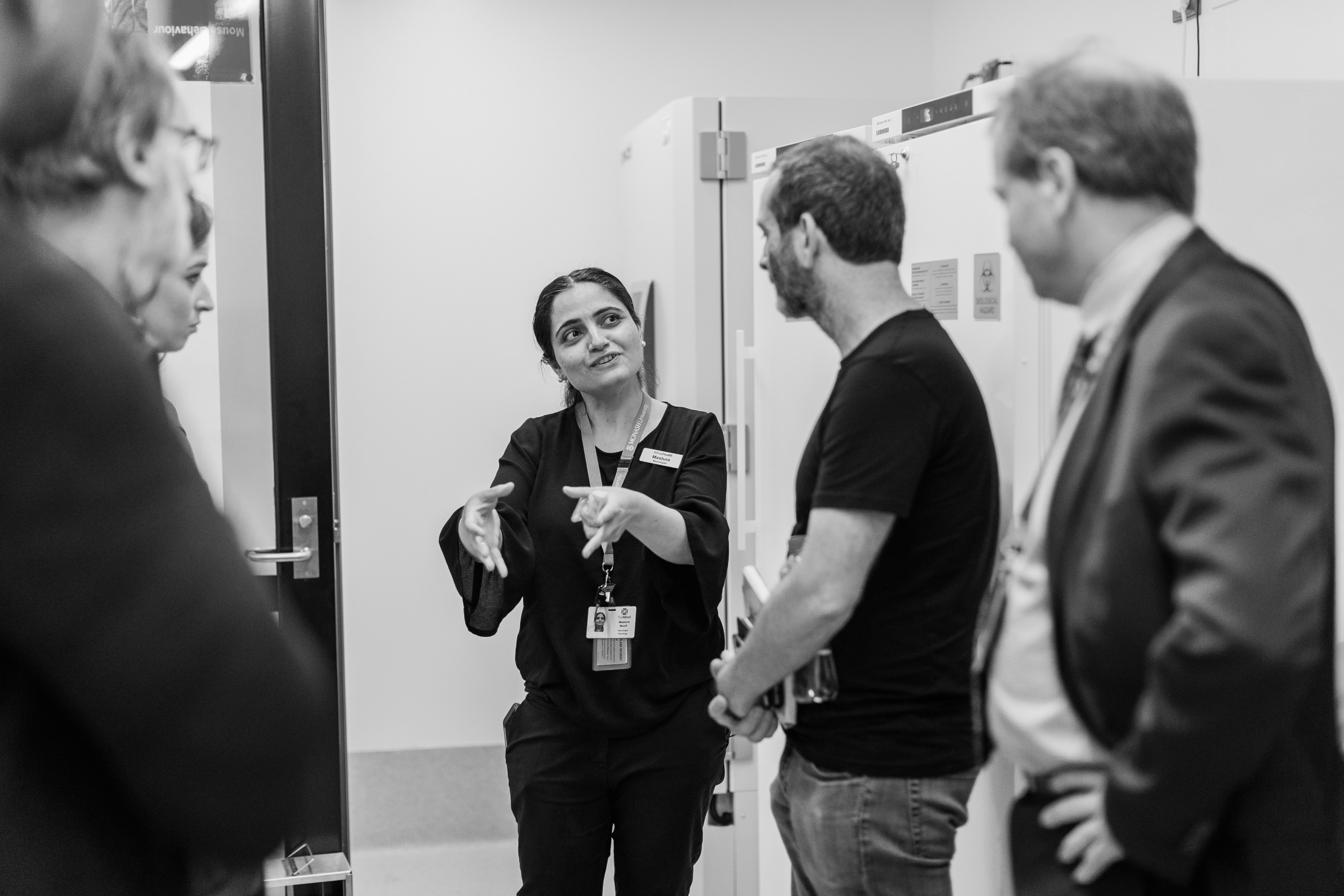Wondering what high mortality cancers are?
High mortality rate cancers are types of cancers that have low survival rates, often because they are difficult to detect early, lack effective treatments or progress agressively. The sad reality is that these aren’t all that rare – and chances are, someone in your world has been impacted by one of the 16 that we focus on.
Despite the tireless efforts of passionate researchers, many are unable to pursue critical studies due to a lack of funding. And so, the five-year survival rates of many of these cancers remain alarmingly low. We’re here to change that, because every cancer patient should have the same opportunity for survival.
The 16 cancers
Non-Hodgkin Lymphoma
78% 5-YEAR SURVIVAL RATE
Leukemia
64% 5-YEAR SURVIVAL RATE
Mesothelioma
7% 5-YEAR SURVIVAL RATE
Myeloma
55% 5-YEAR SURVIVAL RATE
Kidney
81% 5-YEAR SURVIVAL RATE
Uterine
83% 5-YEAR SURVIVAL RATE
Oesophageal
23% 5-YEAR SURVIVAL RATE
Bone
69% 5-YEAR SURVIVAL RATE
Bladder
57% 5-YEAR SURVIVAL RATE
Thyroid
28% 5-YEAR SURVIVAL RATE
Brain
23% 5-YEAR SURVIVAL RATE
Pancreatic
13% 5-YEAR SURVIVAL RATE
Gallbladder
19% 5-YEAR SURVIVAL RATE
Stomach
35% 5-YEAR SURVIVAL RATE
Small Intestine
69% 5-YEAR SURVIVAL RATE
Liver
23% 5-YEAR SURVIVAL RATE
Source: Cancer Australia. (2024). Cancer in Australia statistics. Australian Government.
Investment in research is key
We’re committed to advancing medical research that improves the diagnosis, treatment, cure and prevention of high-mortality cancers. Our goal is to empower researchers with the resources they need to save lives. Research like this is only possible with the generous support of our donors so by investing in these innovative projects, you are helping to shape the future of cancer treatment and care. The Aftershock ensures that every research initiative undergoes a thorough review to guarantee funding is directed towards high-impact, top-quality projects.
"Whilst much progress has been made in treatments for more common cancers such as breast cancer, survival rates and surgical techniques for oesophageal cancer have improved little over the past 70 years."
PROFESSOR WENDY BROWN

Check out our latest research updates

Oesophageal cancer
How researchers are working towards improving quality of life, and post-surgery outcomes for oesophageal cancer patients

Thyroid cancer
Progress in building a case for a cancer vaccine, leveraging AI to better diagnose thyroid nodules, and more

Brain cancer
The latest on using AI to create high-impact treatment plans for glioblastoma, and the start of a national brain tumour registry




